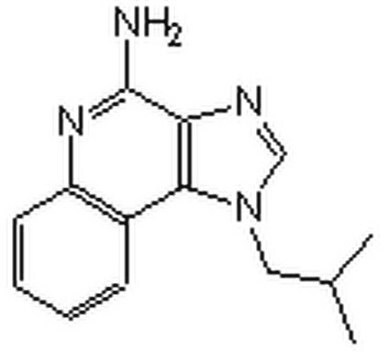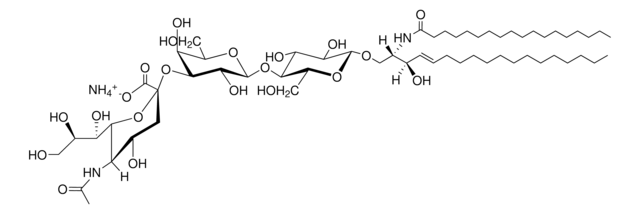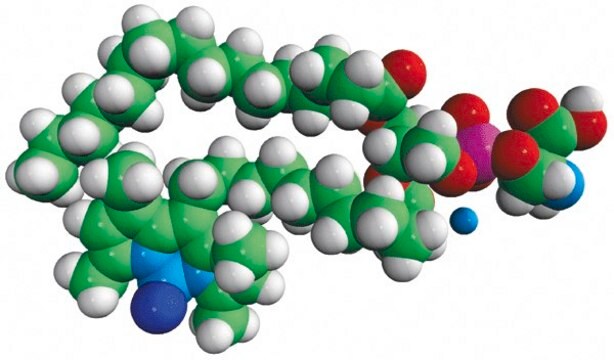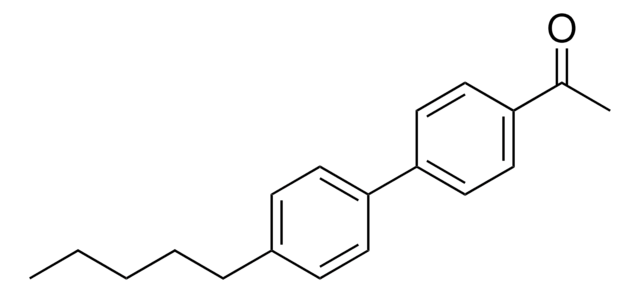810258E
Avanti
C11 TopFluor™ GM3
Avanti Research™ - A Croda Brand 810258E, ethanol solution
Synonym(s):
C11 TopFluor GM3 Ganglioside (ammonium salt)
About This Item
Recommended Products
Assay
>99% (TLC)
form
ethanol solution
packaging
pkg of 1 × 1 mL (810258E-100ug)
manufacturer/tradename
Avanti Research™ - A Croda Brand 810258E
concentration
0.1 mg/mL (810258E-100ug)
shipped in
dry ice
storage temp.
−20°C
General description
Application
Biochem/physiol Actions
Packaging
Legal Information
Signal Word
Danger
Hazard Statements
Precautionary Statements
Hazard Classifications
Eye Irrit. 2 - Flam. Liq. 2
Storage Class Code
3 - Flammable liquids
WGK
WGK 1
Flash Point(F)
55.4 °F - closed cup
Flash Point(C)
13.0 °C - closed cup
Regulatory Listings
Regulatory Listings are mainly provided for chemical products. Only limited information can be provided here for non-chemical products. No entry means none of the components are listed. It is the user’s obligation to ensure the safe and legal use of the product.
FSL
Group 4: Flammable liquids
Alcohols
Hazardous rank II
ISHL Indicated Name
Substances Subject to be Indicated Names
ISHL Notified Names
Substances Subject to be Notified Names
JAN Code
810258E-BULK:
810258E-100UG:4548173351551
810258E-VAR:
Certificates of Analysis (COA)
Search for Certificates of Analysis (COA) by entering the products Lot/Batch Number. Lot and Batch Numbers can be found on a product’s label following the words ‘Lot’ or ‘Batch’.
Already Own This Product?
Find documentation for the products that you have recently purchased in the Document Library.
Our team of scientists has experience in all areas of research including Life Science, Material Science, Chemical Synthesis, Chromatography, Analytical and many others.
Contact Technical Service










